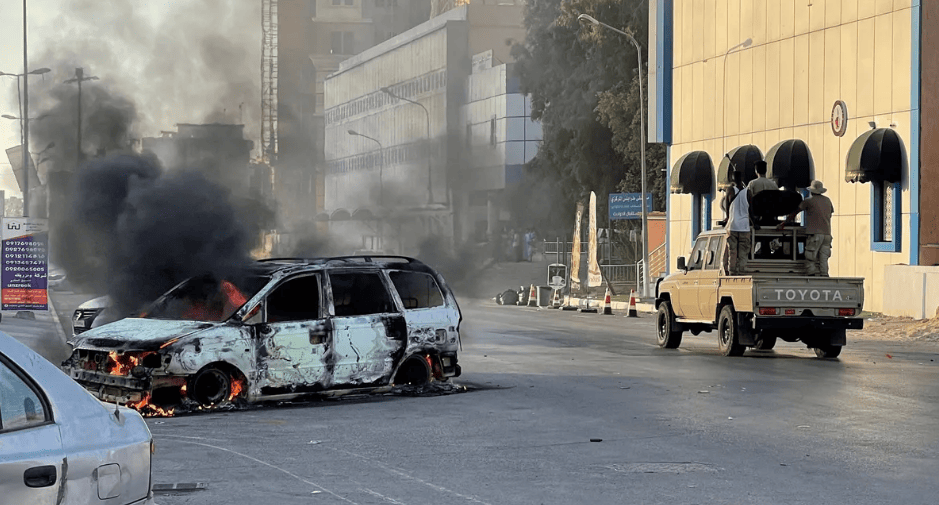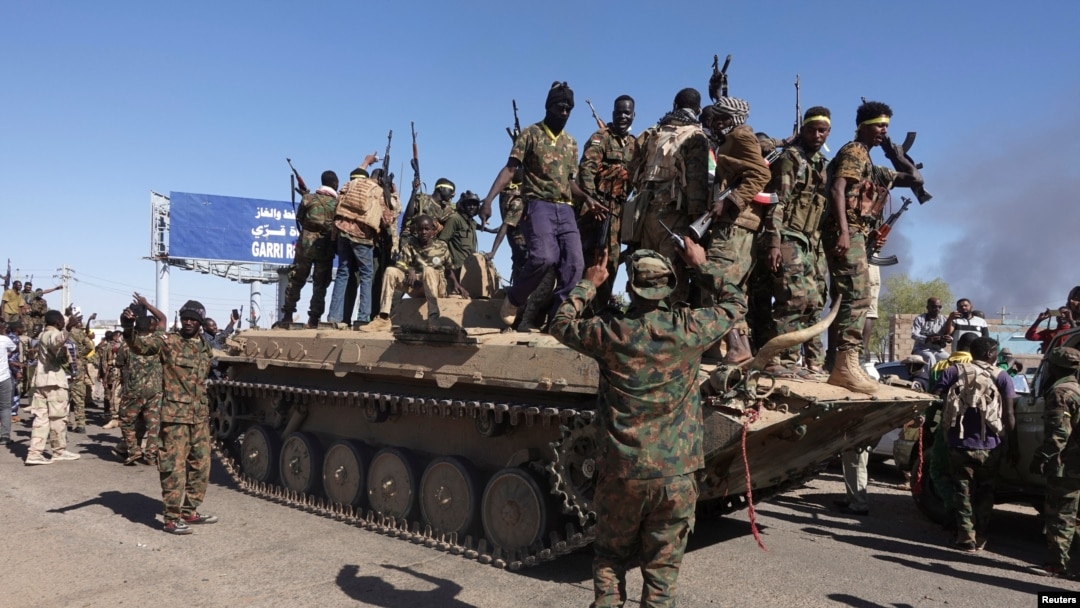Libya fears further descent into violence after UN attacks

Growing anxiety is building in Libya surrounding attacks on the UN mission headquarters, underscoring the security dangers amid political division, according to the New Arab plus Egab on August 29th.
Since the 2011 overthrow of longtime dictator Muammar Gaddafi, UN and diplomatic missions have been vulnerable to attacks from armed factions and militias plaguing Libya’s weak institutions.
Security forces intercepted an attack on August 22nd involving a Russian-manufactured SPG rocket aimed at the UN Support Mission in Libya (UNSMIL) compound. According to the Libyan Interior Ministry, the rocket struck a civilian house in Janzour district. No casualties occurred.
The attack coincided with UN envoy Hanna Tetteh’s Security Council briefing, and the Interior Ministry confirmed that efforts to “identify and apprehend perpetrators are underway”, pledging to safeguard diplomatic facilities.
Libya are experiencing a sensitive political period, where efforts to conduct democratic processes co-exist alongside the endemic presence of armed militia groups affiliated with both the Tripoli-based Government of National Unity (GNU) and the eastern Libyan Government of National Stability (GNS).
In July 2025, Tripoli’s Ministry of Defence targeted areas with airstrikes to mitigate the influence of militia groups and smuggling groups, demonstrating the precarious security situation in Libya despite broader economic and democratic progress.
Tripoli, the capital city and home to the GNU, is the epicentre of the struggle, with the GNU grappling to assert control over the city through military strikes on militias, as well as having to withstand retributive attacks on UN missions.
Whilst progress on conducting municipal elections has occurred, delays in installing electoral laws and providing a coherent political vision for Libya has ensured a political crisis lasting for over a decade. Militias, trafficking and smuggling groups have capitalised on the political vacuum to exert influence as a result.
Mahmoud Ismail, a government employee, has voiced concerns about Tripoli sliding into a new cycle of violence, stating “confidence in the authorities’ ability to control the situation is not complete, but we hope the state will impose order and monopolise weapons.”
Those keeping faith in the authorities hope that they can regain control to prevent the chaos and anarchy that preceded Gaddafi’s ousting.
The New Arab plus Egab, Maghrebi.org
Want to chase the pulse of North Africa?
Subscribe to receive our FREE weekly PDF magazine














